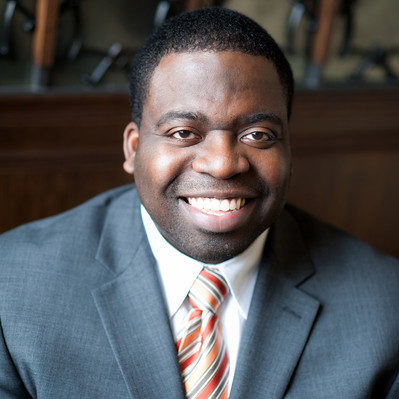John McWhorter explains Palinspeak is and why it isn’t a disqualifying trait to Palin’s loyal supporters.
Yet Palinspeak still differs from statements like Brownback’s in degree. It’s a rather extreme case — an almost instructive distillation of the difference in public conceptions of language in Charles Eaton and Robert Byrd’s time versus our own. “Folksy” is only the beginning of it — “You betcha,” -in for -ing, and “Say it ain’t so, Joe!” during her debate with Joseph Biden indeed make her sound accessible, ordinary, unpretentious. This, however, is America as a whole, and no one should be shocked that a public figure would strike this note. “You betcha” hits the same chord in Palin’s fans as the equally folksy — and close to meaningless — “Yes, We Can” intoned in a preacherly “black” way did when a certain someone else was saying it. Folksy is America; it always has been, but is especially so now.
What truly distinguishes Palin’s speech is its utter subjectivity: that is, she speaks very much from the inside of her head, as someone watching the issues from a considerable distance. The there fetish, for instance — Palin frequently displaces statements with an appended “there,” as in “We realize that more and more Americans are starting to see the light there…” But where? Why the distancing gesture? At another time, she referred to Condoleezza Rice trying to “forge that peace.” That peace? You mean that peace way over there — as opposed to the peace that you as Vice-President would have been responsible for forging? She’s far, far away from that peace.
All of us use there and that in this way in casual speech — it’s a way of placing topics as separate from us on a kind of abstract “desktop” that the conversation encompasses. “The people in accounting down there think they can just ….” But Palin, doing this even when speaking to the whole nation, is no further outside of her head than we are when talking about what’s going on at work over a beer. The issues, American people, you name it, are “there” — in other words, not in her head 24/7. She hasn’t given them much thought before; they are not her. They’re that, over there.
[…]Palinspeak is a flashlight panning over thoughts, rather than thoughts given light via considered expression. It bears mentioning that short sentences and a casual tone can still convey information and planned thought.


